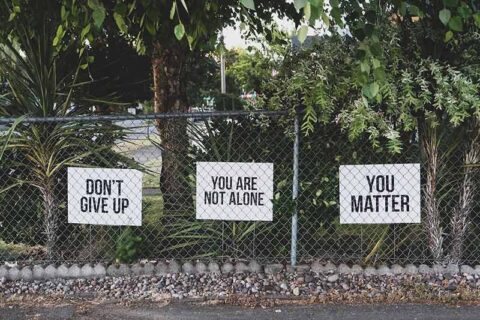“Embracing Cultural Perspectives”
Mental health is an integral part of our overall well-being, yet the way it is perceived and approached can vary greatly across different cultures and communities. In this blog, we will explore how cultural perspectives significantly shape attitudes towards mental health within minority communities. Understanding these unique cultural nuances is essential to breaking down barriers and fostering a more inclusive and supportive approach to mental health.
In minority communities, cultural beliefs and values often play a significant role in shaping attitudes towards mental health. Some cultures may view mental health issues as a sign of personal weakness or even attribute them to spiritual or supernatural causes. This perception can lead to stigma and reluctance to seek professional help.

In some communities, like those with different cultures, what people believe, and value can affect how they see mental health. Their beliefs are shaped by their history and traditions, which also influence how they think about being healthy or sick. But sometimes, these beliefs can make it hard for people to ask for help when they need it.
One common belief in some places is that having mental health issues means you are weak or not strong enough. This idea comes from a culture that values being tough and not showing emotions. So, some people might hide their feelings and not ask for help because they don’t want others to see them as weak.
In other cultures, some people think that mental health problems are caused by spirits or curses. They may feel afraid to talk about their struggles openly, worried that others will think they are spiritually troubled.
This way of thinking can create a stigma around mental health in these communities. Stigma means that people feel embarrassed or scared to talk about their mental health. They might be afraid of being judged by their family, friends, or community. So, they might keep their struggles to themselves, which can make things even harder for them.

Sometimes, finding help that understands their cultural values can be tough. They may worry that they won’t get the right kind of support. This can make it difficult for them to reach out for help.
To make things better, we need to respect and understand these cultural beliefs while also promoting awareness and understanding about mental health. It’s essential to show that everyone faces challenges with mental health, and it’s okay to ask for help. We can work together, including community leaders and religious figures, to talk about mental health openly and without judgment.
It’s also important for mental health services to be inclusive and sensitive to different cultures. This means training mental health professionals to understand and respect the values of different communities. That way, everyone can feel comfortable seeking the help they need.
By embracing these cultural perspectives, we can create a more understanding and supportive environment. Let’s work together to break down the barriers that stop people in these communities from getting the mental health support they deserve.

